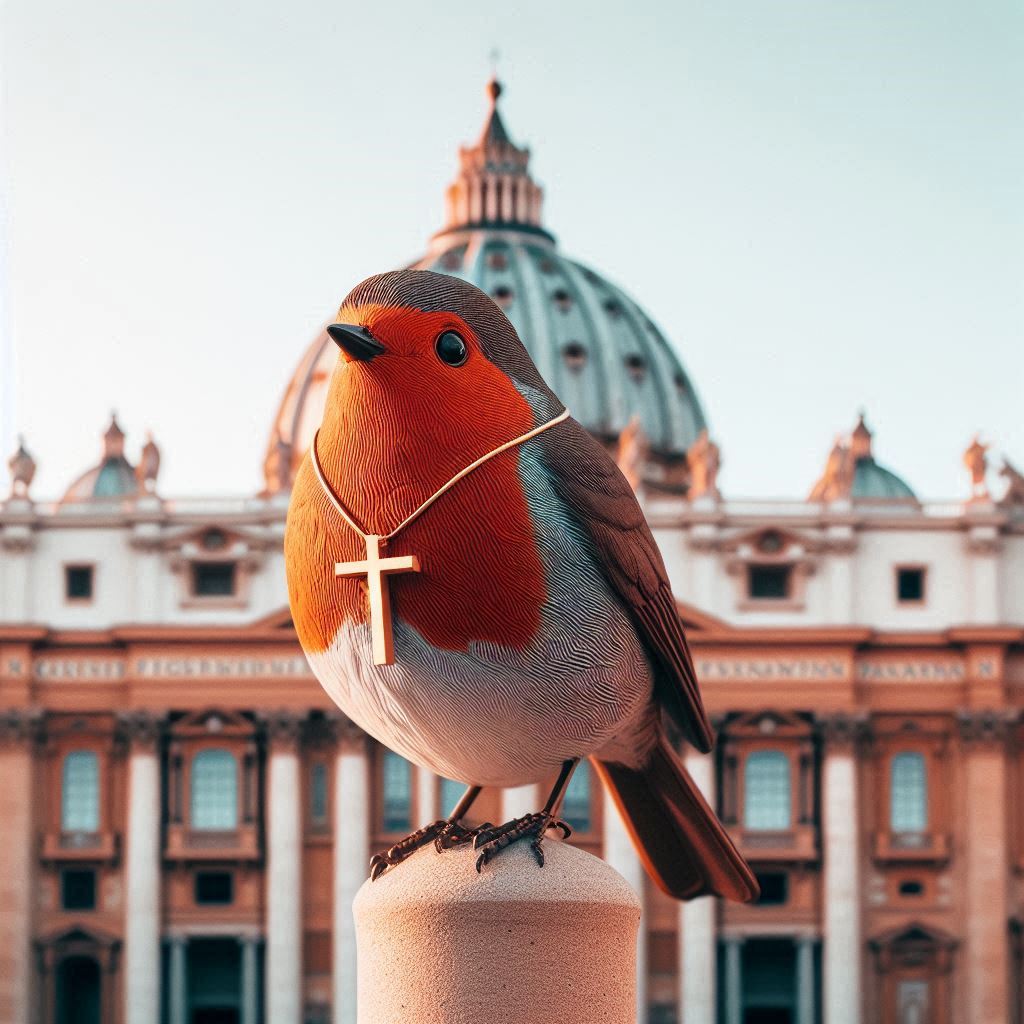Early Life and Background
Pope Francis, born Jorge Mario Bergoglio, entered the world on December 17, 1936, in Buenos Aires, Argentina. He was the eldest of five children in a family of Italian immigrants. His father, Mario, worked as a railway worker, while his mother, Regina, was a homemaker. Growing up in a modest household, Jorge developed a deep sense of humility and compassion that would later define his papacy.
His education began at a technical school, where he earned a diploma in chemistry. However, his calling to serve the Church led him to study theology and philosophy at the Colegio Máximo de San José in San Miguel. He was ordained as a priest in 1969 and later became the Archbishop of Buenos Aires in 1998.

RobinsPost Honors the Life of Pope Francis
Path to Papacy
Pope Francis's journey to the papacy was marked by his dedication to serving the marginalized and his commitment to social justice. In 2013, following the resignation of Pope Benedict XVI, Jorge Mario Bergoglio was elected as the 266th Pope during the conclave. He chose the name Francis in honor of Saint Francis of Assisi, reflecting his focus on humility, poverty, and care for creation.
Personal Life and Family
Despite his global influence, Pope Francis remained deeply connected to his roots. He often spoke about the importance of family and the values instilled in him during his upbringing. His simplicity and warmth endeared him to millions worldwide.
Papacy and Achievements
Pope Francis's tenure was characterized by groundbreaking reforms and initiatives. He emphasized inclusivity, interfaith dialogue, and environmental stewardship. "Laudato Si'" is Italian for "Praised Be to You," and it's the title of Pope Francis' 2015 encyclical on the environment, also known as "On Care for Our Common Home". The encyclical is a call to action for humanity to address the ecological crisis and care for our planet. He also advocated for the rights of refugees and the poor, urging the Church to be a "field hospital" for those in need.
Controversies and Challenges
While Pope Francis was widely celebrated, his papacy was not without controversy. He faced criticism for his handling of sexual abuse scandals within the Church and his progressive stance on issues like LGBTQ+ rights and divorce. These challenges highlighted the complexities of leading an institution steeped in tradition while addressing modern societal issues.
Funeral and Legacy
Pope Francis's passing at 88 has left a profound void in the Catholic Church. His funeral will be on April 26th to be held at St. Peter's Square, and will be attended by world leaders and faithful from across the globe. The ceremony will reflect his commitment to simplicity and humility.
Papal Selection Process
The process of selecting a new Pope begins with a conclave, where cardinals under the age of 80 gather to vote. The qualifications include deep theological knowledge, leadership skills, and a commitment to the Church's mission. Potential successors are often discussed, with names like Cardinal Luis Antonio Tagle and Cardinal Peter Turkson emerging as possible candidates.
Additional Insights
Pope Francis's legacy is one of compassion, reform, and resilience. His papacy will be remembered for its focus on inclusivity and addressing global challenges. As the Church prepares to elect a new leader, the world watches with hope and anticipation for the future of Catholicism.




















